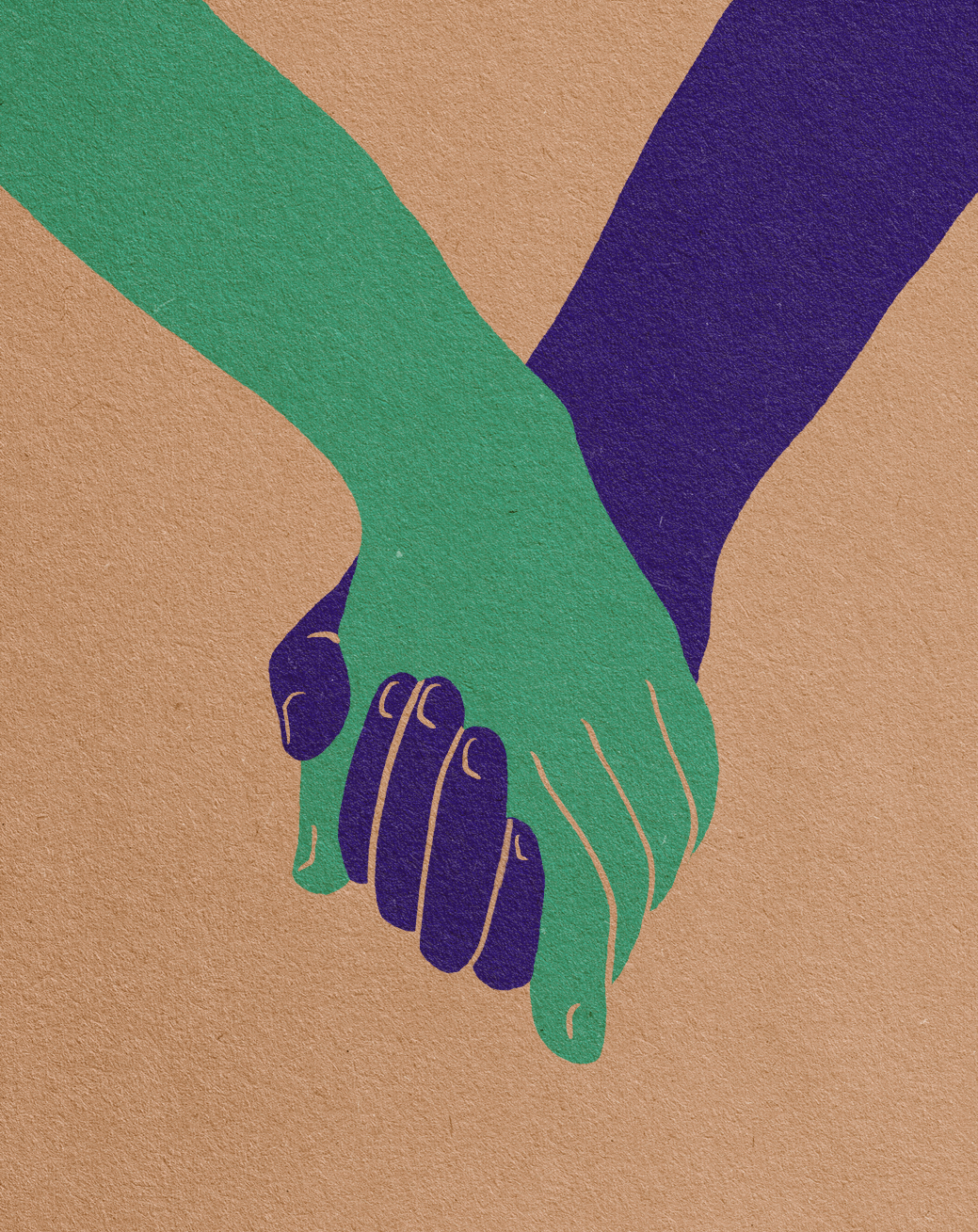How common is shacking up one-on-one?
It may seem like humans have been shacking up together since the dawn of time, but that hasn’t necessarily always been the case. According to a paper published in 2012, the anthropological record shows that 85% of human societies have permitted polygamy (or polyamory)—and while today, the concept of soulmates is very familiar to most, researchers still have a hard time understanding how monogamy started.
Monogamy and early humans
According to the New York Times, a 2011 paper showed that early humans, or hominids, began shifting towards monogamy about 3.5 million years ago—though the species never evolved to be 100% monogamous (remember that earlier statistic). There are a few different theories as to why this shift happened; after all, at a base level, it doesn’t seem like there would be an evolutionary advantage to monogamy—when a male mates with multiple females, wouldn’t there be a higher success rate for producing offspring?
Researcher Kit Opie of University College London, the NYT reported, surmises that monogamy in early primates meant that males were able to protect and nurture their children, which led to higher rates of survival and increased nourishment—which had an impact on human brain development further down the line.
The dawn of civilization
The rise of monogamy is also linked to the rise of democracy and modern civilization, a paper published in 2012 says: increased competition in polygamous cultures (specifically, those in which one man takes several wives) leads to decreased gendered independence and increased household conflict. Monogamy, the paper says, results in the opposite: there is a positive statistical relationship between one-to-one couples and democratic equality, not just between the sexes, but among all citizens.
What’s “natural”
All this considered, some researchers aren’t convinced that humans are naturally monogamous—or that they should be. As the BBC reported, there is a difference between “social monogamy” and “sexual monogamy.” Social monogamy involves a partnered pair living close together and typically parenting their offspring. These couples typically have sex with one another, but they may not be 100% exclusive—unlike those that are “sexually monogamous.” The latter, in humans and other species, is considered pretty rare.
So is it unnatural for humans to couple up for life? The jury is still out—but one thing that researchers can’t quite quantify is the true emotional reasons why we, as a species, have come to favor monogamy, more or less, over the centuries. Evolutionary advantages may be one puzzle piece in the big picture, but love is something that can’t always be analyzed to its full extent by an anthropologist.
Graphic by Elise Miguel
##
maude and Latina are working together to inform and educate Latinx communities on sexual wellness and health. Founded by Eva Goicochea, maude is a modern sexual wellness company built on quality, simplicity and inclusivity, on a mission to make intimacy better—for all people.









